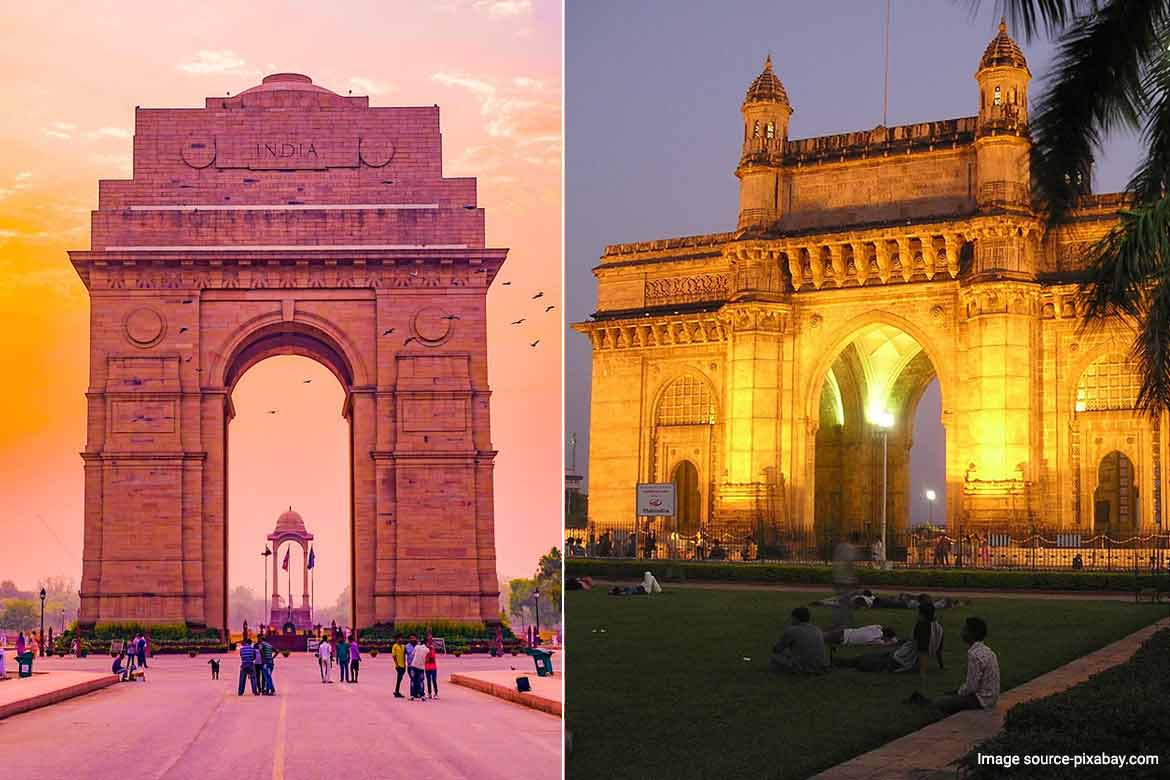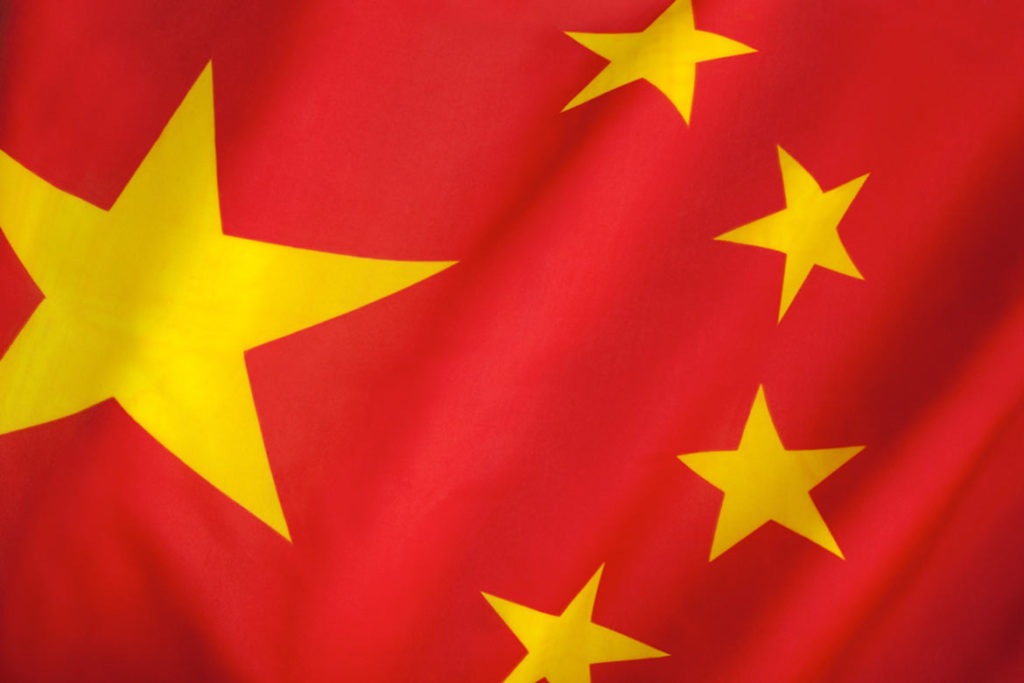- Lately, a gigantic explosion in southern Ukraine demolished the Nova Kakhovka Dam, sparking a devastating flood that left thousands of people homeless and killed hundreds of people. The neighbouring Zaporizhzhia Nuclear Power Plant was in jeopardy of being destroyed by the collapse of the dam, which was a crucial source of energy and water for the area. The strike, according to the Ukrainian authorities, was a component of Russia’s ongoing invasion of eastern Ukraine. Russia denied any involvement and charged Ukraine with undermining its own infrastructure to win sympathy from other countries.

- Earlier this week, Russian President Vladimir Putin declared that Belarus, its closest partner in the region, has received several tactical nuclear weapons from Russia. Putin claimed that the action would not violate any nuclear non-proliferation agreements and was a retaliation to the US deployment of similar weapons in Europe. Alexander Lukashenko, the president of Belarus, acknowledged the transfer and thanked Putin for his assistance. The action provoked worry and condemnation from NATO and other nations, who saw it as a risky uptick in regional tensions and a danger to international security.

- Media magnate and former Italian prime minister Silvio Berlusconi had passed away at the age of 86. He had Covid-19 in 2020 and was dealing with a rare type of blood cancer. Berlusconi served as the leader of four governments between 1994 and 2011, making him one of the most significant and divisive personalities in Italian politics. He was also well-known for scandals including sex parties, accusations of corruption, and convictions for tax fraud. His passing sparked a flood of accolades and condolences from both his supporters and detractors, as well as foreign leaders including Vladimir Putin and Emmanuel Macron. On June 14, the day of his funeral at Milan Cathedral, Italy announced a day of sorrow.

- After three years of La Nina conditions cooling the world, the US research organisation NOAA reported in June 2023 that an El Nino phase had started. When the surface waters of the eastern Pacific Ocean become warmer than usual, El Nino is a natural climate phenomenon that takes place. Weather patterns and worldwide atmospheric circulation are affected. In general, El Nino raises temperatures worldwide, increases rainfall, and raises the risk of flooding in portions of the Americas, Australia, and Asia, while lowering precipitation in other places, like Africa and India. By interfering with the upwelling of cold water and nutrients that support numerous fisheries, El Nino can also have an impact on marine life. In the upcoming several years, this El Nino could cause global warming to reach record levels and worsen extreme weather events including droughts, storms, and wildfires, according to scientists.

Read more: Sports Panorama: Top 10 Sports News Of This Week
- In a poll conducted by Preply, an online platform for language learning and tuition, Mumbai and Delhi were ranked among the cities with the worst reputations for welcoming foreigners. Based on six metrics—friendly staff, visitor retention rates, community respect, acceptance of diversity, happiness, and ease of communication—the poll evaluated 53 cities. Mumbai and Delhi performed poorly across the board, but particularly in the areas of staff satisfaction and friendliness. In addition, no Indian cities were discovered to be among the list of the friendliest cities, which was headed by Toronto and Sydney.
- The Japanese parliament approved a measure on June 15, 2023, raising the consent age from 13 to 16, bringing it in line with that of the majority of developed nations. A bipartisan group of politicians who were opposed to the outmoded and ineffectiveness of the existing law in protecting minors from sexual abuse and exploitation presented the bill. The bill also toughened the sentences for child pornography and statutory rape. The measure had strong popular support and was hailed as a victory for children’s rights in Japan by a number of organisations, including UNICEF and Human Rights Watch.

Read more: PM Modi inaugurates Renovated Kashi Corridor; Know About the History of Kashi Vishwanath Temple
- On June 21, Prime Minister Narendra Modi is scheduled to fly to the United States for an official state visit at the invitation of President Joe Biden and First Lady Dr. Jill Biden. He will lead the International Day of Yoga celebrations at the UN headquarters in New York, where the visit will get underway. Following the celebration, the Prime Minister will fly to Washington, DC, where he will attend a state banquet in his honour on June 22 and be formally welcomed at the White House. During the meal, he will speak with President Biden. On June 23, Secretary of State Antony Blinken and Vice President Kamala Harris will host a luncheon for Prime Minister Modi. Prime Minister Modi is planned to connect with top CEOs, professionals, and other stakeholders in addition to these official events. He’ll also get to know people from the Indian diaspora.
- The United States returned to the United Nations Educational, Scientific, and Cultural Organisation (UNESCO) , following a ten-year absence. Due of Palestine’s admission as a full member state, the US withdrew from UNESCO in 2011. Additionally, the US had stopped funding the organization’s operating expenses, which accounted for around 22% of its budget. During her trip to Paris, President Harris met with Audrey Azoulay, Director-General of UNESCO, and announced the US’s re-entry. According to Harris, the US understood the importance of UNESCO’s efforts to advance human rights, culture, and education around the globe. She also said that the US would resume its financial contributions to the organization and work with other member states to reform it and make it more efficient and transparent.

- At the China Aerodynamics Research and Development Centre in Mianyang, Sichuan province, China displayed its brand-new hypersonic wind tunnel. The JF-22 wind tunnel is faster than any existing missile or aircraft, and it can simulate flight conditions at speeds of up to Mach 22 (27,000 km/h). China’s hypersonic weapons and vehicles, which are viewed as a crucial strategic edge in future combat, will be developed and tested with the use of the wind tunnel. Along with the US and Russia, China is one of the top nations for hypersonic research. In order to circumvent conventional air defences and transport nuclear or conventional payloads over great distances, China has previously tested a number of hypersonic missiles and gliders.
- Following a vote in the General Assembly, five nations have been chosen as non-permanent members of the UN Security Council. Starting in January, Algeria, Guyana, Republic of Korea, Sierra Leone, and Slovenia will be members of the top organisation charged with preserving world peace and security for a two-year term. Six nations competed for five non-permanent seats at the Council’s horseshoe-shaped table that will fall vacant at the end of the year. They were among the six nations. The five newly elected nations will become non-permanent members of the Council together with Ecuador, Japan, Malta, Mozambique, and Switzerland. When the two-year terms of Albania, Brazil, Gabon, Ghana, and the United Arab Emirates expire on December 31, they will take the seats currently held by those nations.
